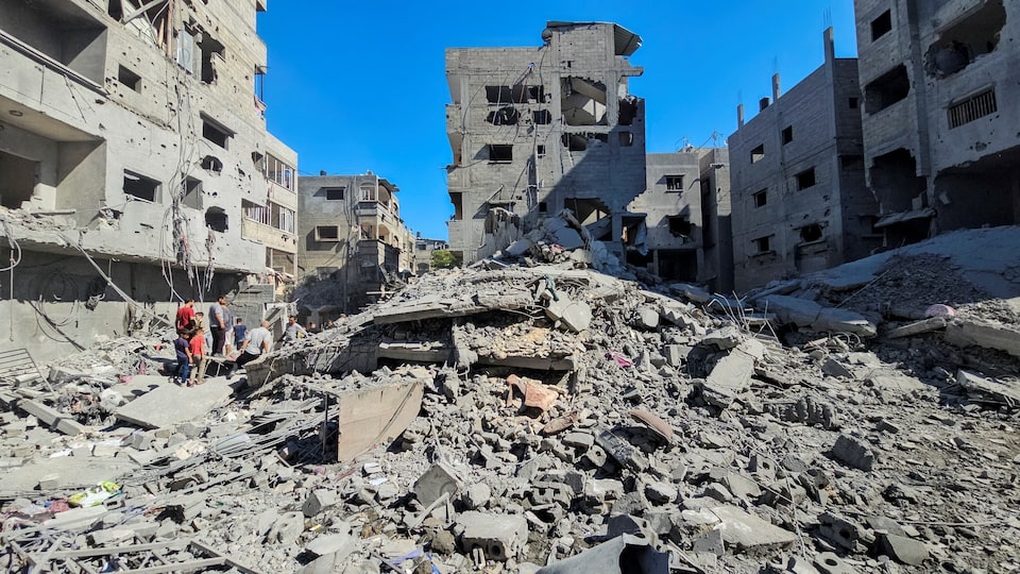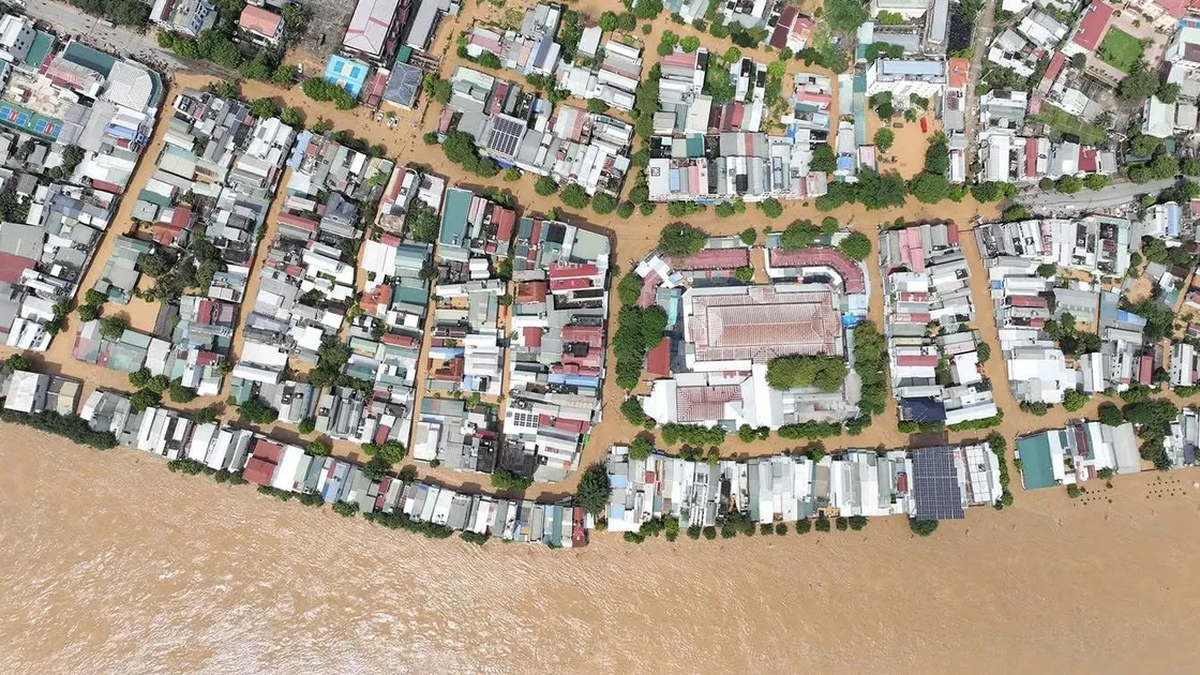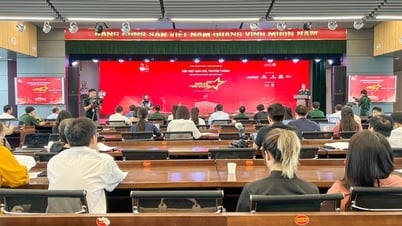On November 4, US State Department spokesman Matthew Miller said that Israel had “failed” to meet the conditions for improving aid to Gaza that US Secretary of State Antony Blinken and US Secretary of Defense Lloyd Austin had set out in a letter sent in mid-October.

The war that has lasted for more than a year has left Gaza in a dire humanitarian crisis (Photo: Reuters).
“As of today, the situation has not changed significantly,” Miller told reporters. “We have seen some improvements in some metrics, but if you look at the recommendations that were made in the letter — they have not been met.” One of the conditions in the letter was that Israel must allow a minimum of 350 trucks carrying essential supplies, including medicine and food, into Gaza to help people affected by the war. But according to the latest United Nations figures, an average of only 71 trucks entered Gaza each day as of late October. Senior US officials, including Blinken and Austin, have been in direct contact with Israeli Defense Minister Yoav Gallant to urge and emphasize the importance of humanitarian assistance in Gaza. Meanwhile, on November 4, the Israeli Foreign Ministry announced that it would cancel a 1967 agreement with the United Nations to facilitate the work of the United Nations Relief and Works Agency for Palestine Refugees in the Near East (UNRWA). Israel said that UNRWA "is part of the problem in the Gaza Strip, not the solution." The US government confirmed on October 15 that its foreign and defense ministers had jointly signed a letter dated October 13 to their Israeli counterparts, urging Tel Aviv to improve the humanitarian situation in the Gaza Strip within the next 30 days. Speaking at a regular press conference, US State Department spokesman Matthew Miller confirmed to reporters that Secretary of State Antony Blinken and Secretary of Defense Lloyd Austin had sent letters to Israeli Defense Minister Yoav Gallant and Secretary of Strategic Affairs Ron Dermer. According to Mr. Miller, the letter expressed US concerns about the level of humanitarian aid in Gaza, affirming that Washington considered the letter "a private diplomatic communication" and had no intention of making it public./.Bui Tue








































































































Comment (0)